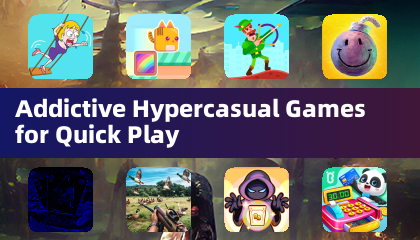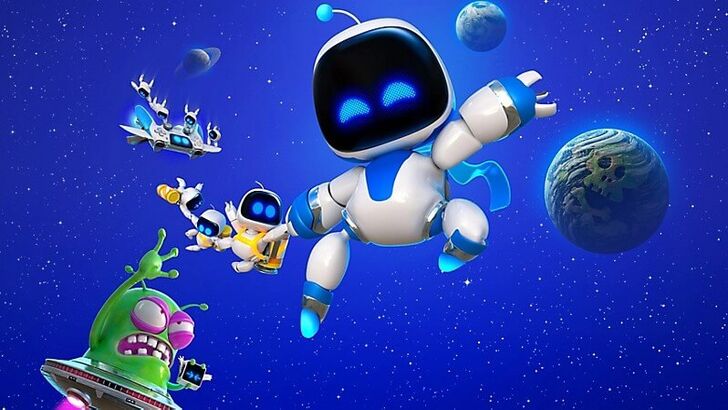
PlayStation co-CEO Hermen Hulst recently weighed in on the role of AI in gaming, asserting its transformative potential while emphasizing the irreplaceable value of human creativity. This article delves into his perspective and PlayStation's future strategies after three decades in the industry.
AI: A Powerful Tool, Not a Replacement
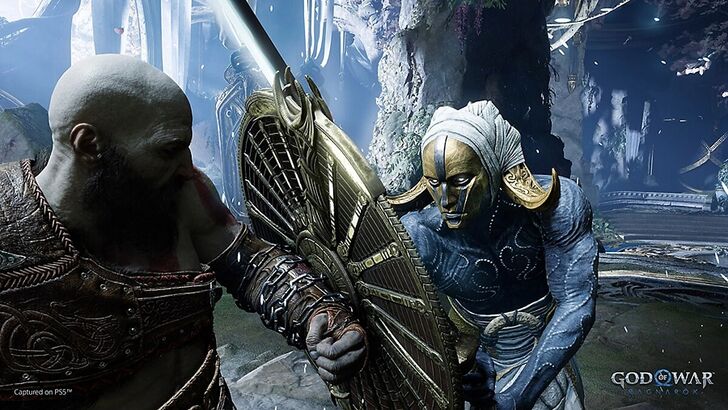
In a BBC interview, Hulst acknowledged AI's capacity to revolutionize game development. However, he stressed that AI can never fully replicate the unique "human touch" integral to compelling game design. PlayStation, celebrating 30 years since the launch of the original PlayStation, has witnessed firsthand the industry's evolution and technological advancements. AI is now a key area of focus, prompting discussions about its impact on game developers' roles.
Concerns exist regarding AI's potential to automate creative processes, displacing human workers. The recent strike by American voice actors, fueled by game companies' plans to utilize generative AI for voice work, highlights this concern. This issue has resonated particularly within the Genshin Impact community, noticing a decline in English voice-overs in recent updates.
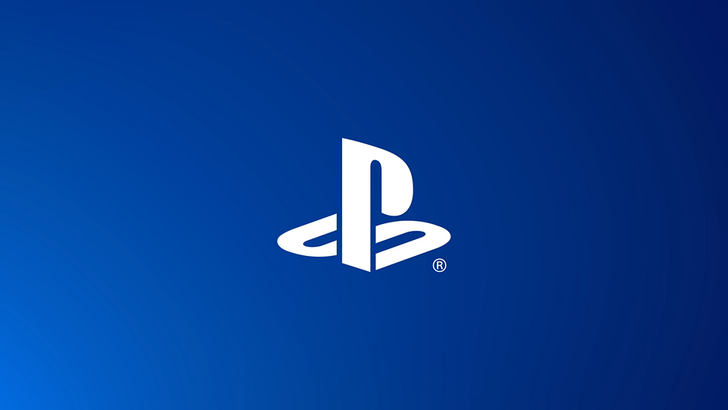
A CIST market research survey revealed that approximately two-thirds of game development studios already employ AI to enhance efficiency, primarily for rapid prototyping, concept generation, asset creation, and world-building. Hulst anticipates a "dual demand" in the gaming industry: a market for AI-driven innovation alongside a continued demand for meticulously handcrafted games.
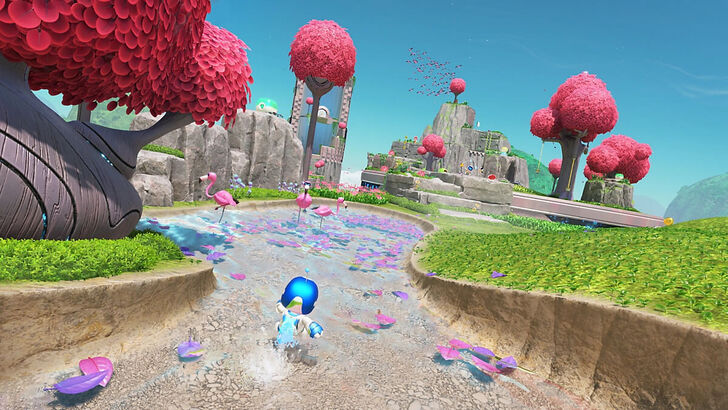
PlayStation actively engages in AI research and development, even establishing a dedicated Sony AI department in 2022. Beyond gaming, the company aims to expand its intellectual property into other multimedia avenues, such as film and television adaptations. The upcoming Amazon Prime series based on 2018's God of War exemplifies this strategy. Hulst envisions elevating PlayStation IPs to a prominent position within the broader entertainment landscape. This ambition may underpin the rumored acquisition of Kadokawa Corporation, a Japanese multimedia giant.
Lessons Learned from the PlayStation 3

Reflecting on PlayStation's 30th anniversary, former PlayStation chief Shawn Layden shared insights, describing the PlayStation 3 (PS3) as an "Icarus moment." The team's ambitious vision, encompassing features beyond core gaming, proved overly complex and costly. This experience led to a refocusing on core gaming principles for the PlayStation 4, prioritizing a superior gaming experience over extensive multimedia functionalities.








